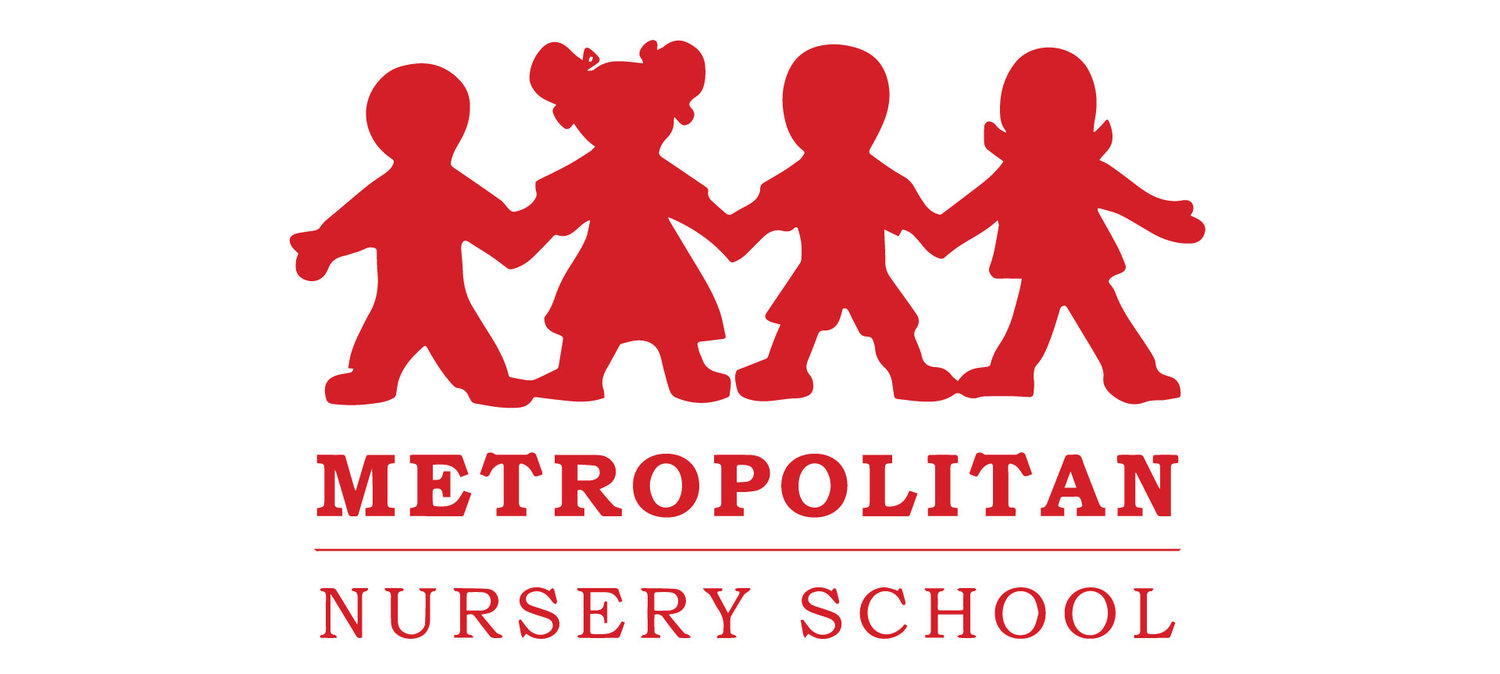I have two teenagers at home, and even though I consider myself a savvy user of electronics, they will be far better versed than me in all things technology. That said, I frequently wonder what this means for children today. From simple questions about screen time to more complex questions about social media use, video games and the wide array of available content on the internet. As is always true, our children are growing up in a different technology landscape than we did. These new technology variables do not have a blue print or “how-to” guide for parents. They simply have not been around long enough. What I can tell you isn’t new, adults lamenting that the changing landscape around our children may be bad for them. It is natural to worry. It is extremely natural to worry about the unknown. That is what “technology” is for each new generation of parents, a set of unknown variable that we can not look back to our own childhood to for answers. Given the click-bait nature of our media culture, many outlets will use this natural parental worry to “sell” us the “answers” we are desperately seeking. Which is exactly how I chose my recent reading list.
I just finished a fascinating read call “Media Moms and Digital Dads” by Yalda T. Uhls, Ph.D.. The book attempts to consolidate all the ways technology touches our children’s lives today alongside the current research available on child development and the impact of said technology. I found her presentation of the research and her analysis and insight into how we can use that research to make parenting choices very helpful. Below are my take-aways from reading this book:
Parents love their children and want to make the “best” choices they can to ensure they grow to be healthy, happy adults.
Technology appears, from the research, to have net positive effects on growth, learning and social outcomes. While there are some things of which to be mindful (e.g., Facebook and Instagram have shown to have some mild negative effects on self-esteem) there are also many positive aspects (e.g., facilitating learning and group work, video games enhancing spatial awareness and math skills, enhancing social relationships). Articles lamenting about the negative effects of technology are often not congruent with the current research, or are over-magnifying less-likely negative outcomes.
Parents worry about unknown variables in parenting with unclear “right” and “wrong” answers. Technology, with its ever-evolving landscape is an area where EVERY generation is working with a new set of variables and therefor we feel like we can’t always “learn” from our own past experiences. As Dr. Uhls points out, at one point parents were worried that novels would be the downfall of our youth (when the technology of the day was mass-produced printing).
We are not reinventing any developmental wheel. While technology may be changing, what we know about how children learn and grow and the developmental continuum hasn’t changed. We can use what we know to be true to inform our decisions about these things that are changing around us.
The important thing, it seems, is to really know your child and apply what you know about your child to technology as you make parenting decisions. Which I think is true for all areas of learning. If your child is a risk-taker, they will be more risky online. If your child is prone to addictive behavior (getting really obsessed with given activities), they will be more likely to do this with technology. If your child hides things from you, they will be more likely to do this with technology (with greater stakes).
SO IT IS REALLY IMPORTANT TO KNOW YOUR CHILD AND THEN MAKE DECISIONS THAT ARE RIGHT FOR HIM OR HER. THERE IS NO ONE-RULE FITS ALL FOR TECHNOLOGY. I would argue that is true for all areas of growth and learning. The goal is to really learn who your child is, as their own unique little being, and use that knowledge to help guide them on their path to learning and growth.
